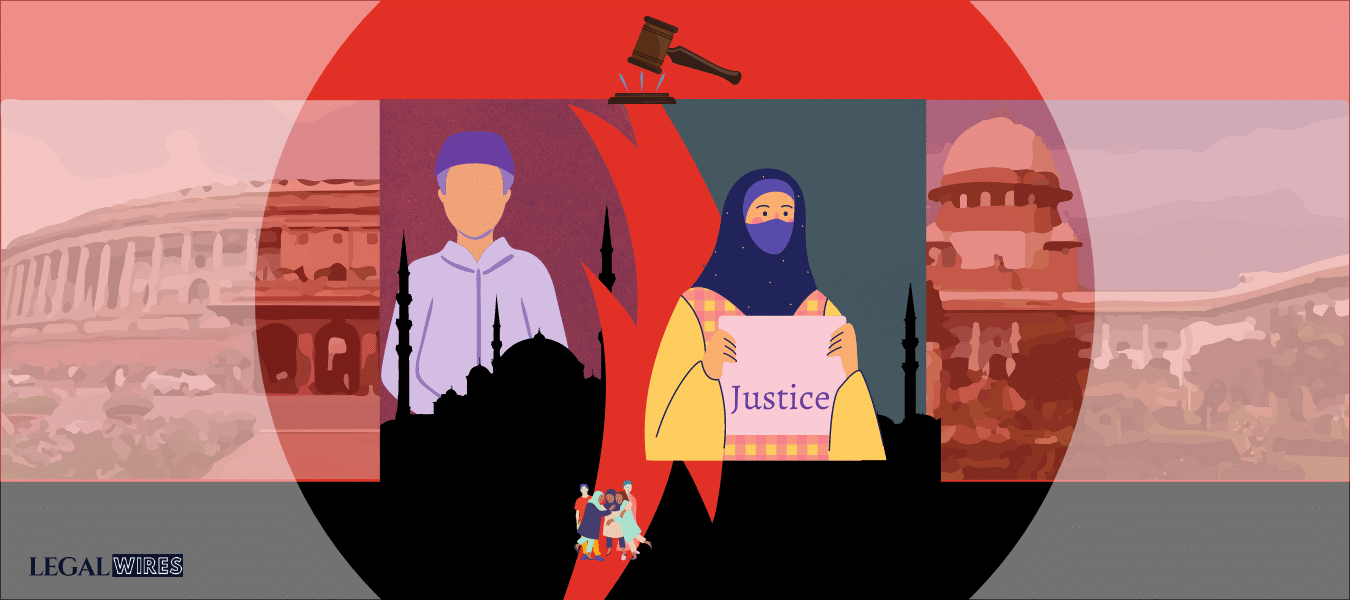The reason for cancellation of sale and auction in favour of petitioner was that some other party with higher bid than the petitioner could not be considered due to technical flaw.

Citation: AIR 2006 ALL 23
Date of Judgement: 24th September, 2005
Bench: J. Sushil Harkauli, J. Umeshwar Pandey
Facts:
Petitioner participate in the e-auction organised by respondent no. 2 and 3. Petitioner’s bid was accepted by the respondents for 4000 metric tons at Rs. 1,625/- per metric tons from Dobari Collary. Letter of acceptance was sent on 19/07/2005 via e-mail to petitioner. A sum of rupees 81.12 Lakhs was deposited by petitioner through cheque in favour of respondent no. 3 which was accepted and encashed by respondent. Subsequently, an e-mail was sent by respondent no. 4 on 10/08/2005 stating that the sale as well as auction in favour of petitioner stand cancelled ‘due to some technical and unavoidable circumstances’. This communication was challenged by the petitioner.
Respondent contended that this Court lacks jurisdiction as jurisdiction of this Court under Article 226 of the Constitution of India stand ousted in favour of Jharkhand High Court under clause 10.5 of the Tender Agreement. Allahabad High Court after perusing the facts and circumstances allowed this writ petition on the following grounds:
- The acceptance of tender was sent through an e-mail by the respondent to the petitioner and will be deemed that e-mail was received by the petitioner at Varanasi- Chandauli, which are the only two places where the petitioner has his place of business.
- The ouster clause would not oust the jurisdiction of other Courts which had territorial jurisdiction under Section 20(c) of the Code of Civil Procedure, 1908 as held by Supreme Court in A. B. C. Laminart Pvt. Ltd. v. A. P. Agencies[1].
- There is one vital difference, namely that while the jurisdiction to pass a decree accrues to the Civil Court only upon institution of suit filing of a plaint and the Civil Court cannot act Suo motu, but under Article 226 of the Constitution Of India, 1950 the power to issue writs, orders or directions is not necessarily dependent upon filing of a writ petition.
- Respondents are bound by their concluded contract and further they are bound by principle of promissory estoppel. The cancellation of sale agreement and auction without giving petitioner chance of hearing is violative of Principles of Natural Justice.
Key Points established in the case
1. Whether cancellation of e-auction in favor of the petitioner justified?
No.
The reason for cancellation of sale and auction in favour of petitioner was that some other party with higher bid than the petitioner could not be considered due to technical flaw. Third party did not challenge the bid of petitioner and was not present before this court. In absence of such challenge respondents are bound by their concluded contract and thereafter they are bound by the principle of Promissory Estoppel, inasmuch as the petitioner has altered its position to its disadvantage by acting upon the communication of acceptance, deposited large sum of Rs 81,12,000/- which was encashed by the respondents.
The respondents fall within the meaning of ‘State’ under Article 12 of the Constitution of India, 1950. The court said in para 26,
“the cancellation of the auction and the contract of sale in favour of the petitioner at such a highly belated stage, without giving any opportunity of hearing to the petitioner, is violative of the principles of natural justice and on that ground also it cannot be sustained.“
2. Whether jurisdiction of High Court under Article 226 can be ousted by exclusion clause in agreement?
No.
The court observed that as per Section 13(3) of Information and Technology Act, 2000, the acceptance was received by the petitioner at Varanasi- Chandausi, the contract became complete by receipt of such acceptance at Varanasi- Chandausi, both of which places are in U.P. and this court has territorial jurisdiction to entertain the matter. According to Section 28 of the Indian Contract Act, 1872, the parties cannot bar the jurisdiction of the civil court which has been created by the statue but where various civil court has been conferred with the jurisdiction by a statue then parties may limit itself to one or more such civil courts by agreement. The Supreme court held that courts which have jurisdiction under Section 20(c) of Code of Civil Procedure, 1908, would not be ousted of their jurisdiction.
The important consideration before the court is that the jurisdiction of High Court under Article 226 can be ousted. Article 226 of the Constitution of India permits the exercise of territorial jurisdiction where the cause of action arises in full or in part within their territories. The Supreme Court in the case of L. Chandra Kumar v. Union of India[2] held that,
“the power of judicial review given to the High Courts by Article 226 of the Constitution of India, 1950, and being a basic feature of the Constitution, cannot be curtailed even by statute.”
The most important difference is that the High Court has the power to act Suo motu, to issue writ, orders or directions while the Civil Courts cannot. The court in para 19 held that,
“the ouster clauses can oust a territorial jurisdiction only of Civil Courts and not of the High Court in respect of the power under Article 226 of the Constitution Of India, 1950, provided such power exists in the High Court on account of part of cause of action having arisen within its territorial jurisdiction.“


